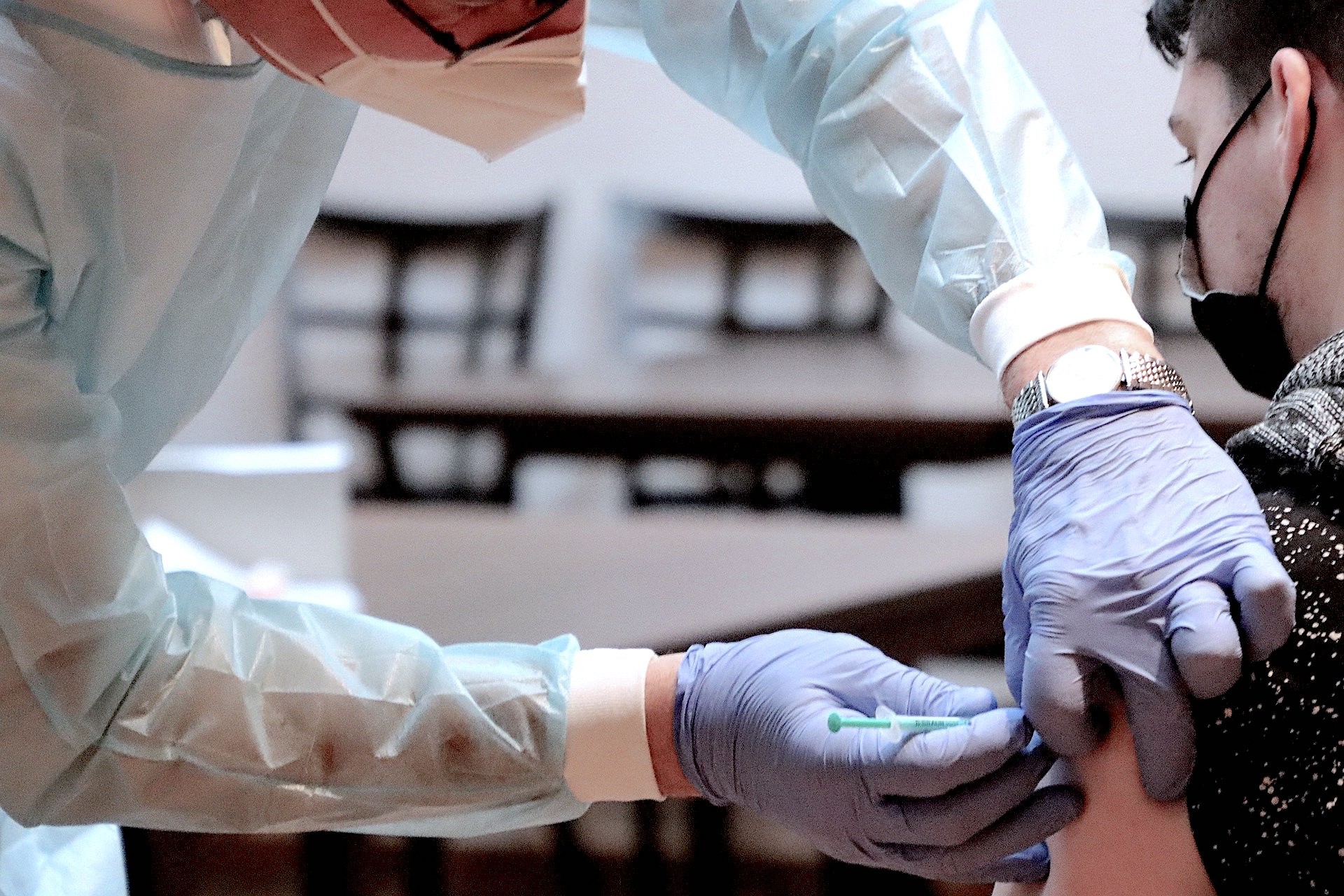YouTube officials said on Wednesday they were removing the accounts of several anti-vaccine activists from their platform. This will include any content that falsely claims that approved vaccines are harmful to human health.
Vaccination has been a divisive topic for about two decades. It was Andrew Wakefield who originally published a fraudulent research paper linking the MMR (measles, mumps and rubella) vaccine to autism.
The author of this paper has since been discredited, but mistrust of vaccines took hold despite everything, before gaining more and more momentum . Two years ago, a global survey on feelings about vaccines highlighted a real crisis of confidence, especially in Europe, and particularly in France, world champion of anti-vaccines.
This antivax phenomenon has once again shown itself in the context of the Covid-19 pandemic, the most suspicious arguing that the serums offered by the various positioned laboratories have been developed too quick. For others, it would also be a means of controlling populations for obscure purposes. Thus for several months, false stories about Covid-19 and anti-vax myths have been swarming on social networks, despite efforts at moderation.
A year ago, YouTube had already decided to ban videos that included information contrary to the consensus of health authorities or the WHO, considered by researchers to be a factor reluctance to vaccinate. Several influential antivax chains, such as those of the French Jean-Jacques Crèvecoeur, Christian Tal Schaller, Silvano Trotta or Salim Laïbi, had then been removed.
But it is clear that these measures were not enough. As a result, and following the misinformation that is still circulating on vaccines, YouTube has decided to strengthen its system .

In a blog post published this Wednesday, September 29, YouTube (and by extension Google) did indeed say that it would remove videos claiming that vaccines do not reduce rates transmission or contraction of the disease, and content containing misinformation about the composition of vaccines. Information that vaccines contain nanochips or cause autism, cancer or infertility will also be removed.
“Today's policy update is an important step in addressing vaccine and health misinformation on our platform, and we will continue to invest at all levels in policies that provide its users with high quality information” , the company said.
On the other hand, personal vaccine testimonials, content about vaccine policies and new vaccine trials, and historical videos about successes or failures vaccines will be allowed to remain on site. For example, YouTube won't remove a video of a parent talking about a child's negative reaction to a vaccine. On the other hand, the platform will remove a channel dedicated to parents providing such testimonials.
Of course, YouTube's measures won't fix everything. Dr. Mercola, an osteopathic doctor considered one of the most important influencers of the antivax movement, has had his YouTube account (half a million subscribers) deleted. On the other hand, his Facebook and Instagram accounts still total more than three million subscribers, while his Twitter account has more than 320,000.